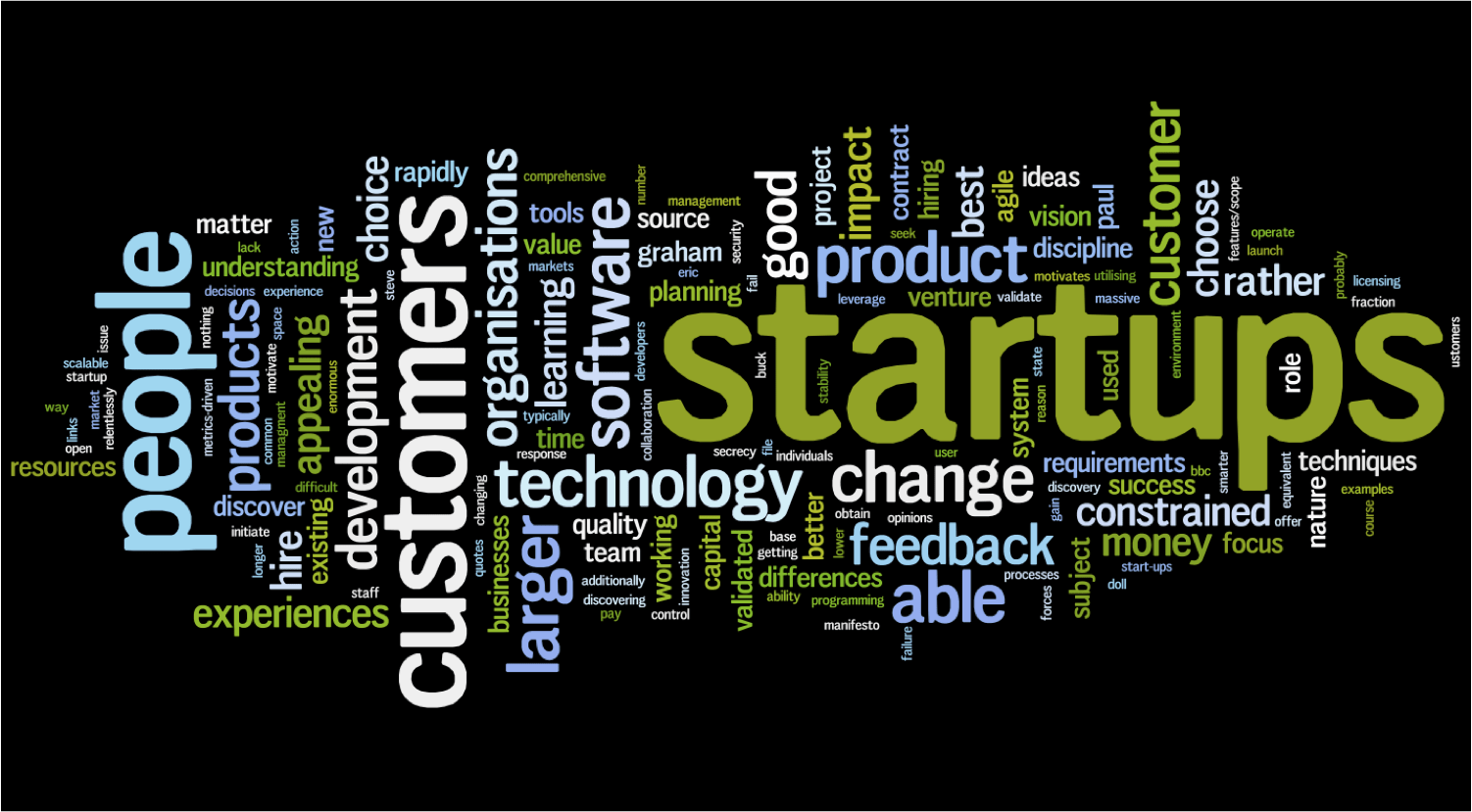Top Reasons Why Startups Struggle in the Early Stages

The Start-up ecosystem is a driving factor with a massive potential for innovation and job creation that drives economic growth both locally and globally.
However, getting a startup company up and running, and making it thrive in the market is not an easy task. This is usually an uphill battle with lots of obstacles and challenges that needs to be overcome. As a result, numerous startups that often start enthusiastically do not thrive in the market for longer periods of time.
In this article, let us see some of the reasons why startups struggle in the early stages of their path to success and look into some strategies to overcome them.
Why Do Startups Struggle in the Initial Days?
The initial days for a startup are not always a bed of roses. They are filled with challenges that need to be faced and overcome almost every day. But, overcoming these challenges will definitely help you make a mark.
Here are some common challenges that startups face during their initial days:
Lack of Proper Research and Understanding
Comprehensive research into the market, audience, product, and service is pivotal before initiating a start-up firm. This will help avoid and help you plan ahead to avoid most of the potential problems.
Although passionate about the product or service, if it does not appeal to the audience or provide value to the masses, your efforts might be waived.
Identifying the target audience, assessing the customer needs, wants and expectations, conducting in-depth research into market trends, and acquiring customer feedback might provide you with resources for proper research and help understand your audience and product better.
Marketing and Customer Acquisition Challenges
Your start-up might have impeccable products and services, but it would be of no use if it does not reach the designated customer, limiting your startup’s reach. This is where an effective marketing strategy comes into place.
Ideal marketing helps identify the right target audience, devise measures and strategies to grab their attention, acquire leads and convert them to potential customers. Startups should also have an eye on the misallocation of the marketing budget. Being a start it would be wise to consult with a startup branding company and devise measures to make use of resources and identify the right channels for marketing.
Whereas proper marketing helps in customer acquisition and proper customer service helps retain the customer, preserving customer loyalty with reduced churn rates.
Insufficient Funding and Lack of Financial Management.
Fundings and investments are other essential elements of any startup and should be made the top-most priority.
Securing initial funding for your startup is necessary, and with days, proper financial management and budgeting for the financial structure is even more important. Without this, startups that start well somehow find themselves in troubled waters. Also, proper care must be taken not to underestimate the costs involved to the company or overestimate the revenue projections.
Therefore, proper and streamlined financial planning is necessary to prepare for an uncertain future and help you allocate funds to necessary areas or resources wisely.
Ineffective Leadership and Team Dynamics
Startups are heavily reliant on leadership for proper guidance and on the team members to work on the solutions. Any discrepancy in the leadership or their ability to lead the team can have adverse effects on the whole organization.
Ineffective leaders may struggle to take hard decisions, fail to communicate with the team or stakeholders and fall short to inspire people.
In addition to the leadership and management team, employees are also a contributing factor to its success. A management team who hires the wrong individuals and fails to assess the team’s morale or adhere to the employee’s voices might give rise to internal conflicts, and lead to a toxic work environment. This in turn will affect the growth of the startup.
Competition and Market Saturation
When you come up with an innovative product or enter the market with an already existing product, it is only a matter of time before you face off against the pressing competition and be overshadowed by the competitors.
Providing a unique value proposition to the audience and helping them acknowledge the necessity of your product with a Unique Selling Point (USP) can help plant yourself in the stream of competition. Whereas, the addition of new innovative products and new strategies, in terms of both technological advancements and marketing campaigns, can help establish your brand’s uniqueness and prevent your startup from being eaten over by the saturated market.
Technological Hurdles and Scalability Issues
With the age of digital technologies rapidly evolving, it is often difficult to find the right technology and make use of it. This is often a difficult endeavor for a start-up.
Startups need to find the right technological products that aid in their operation and help automate and streamline their overall process. Using outdated technology or not investing in the right technology with the right feature might hinder the productivity and efficiency of the workforce.
And additionally, as demand grows, your startup must be able to scale almost every area in the organization. They must be able to adapt to the demands of customers and employees which upon failure might lead to operational inefficiencies, delay in delivery, and both customer and employee dissatisfaction.
Final Thoughts
Though startups are powerhouses for growth and innovation, they are prone to challenges in their earlier days.
However, through proper research, efficient funding, and focussed leadership, the effects of intense competition and market saturation can be weeded out. Additionally, adopting a growth mindset, facing challenges strategically, and being adaptable and flexible are some of the factors that set thriving startups apart from their competitors.
By constantly innovating, learning from failures, and continuously improving, startups can not only survive but thrive and make a mark in the business landscape.











